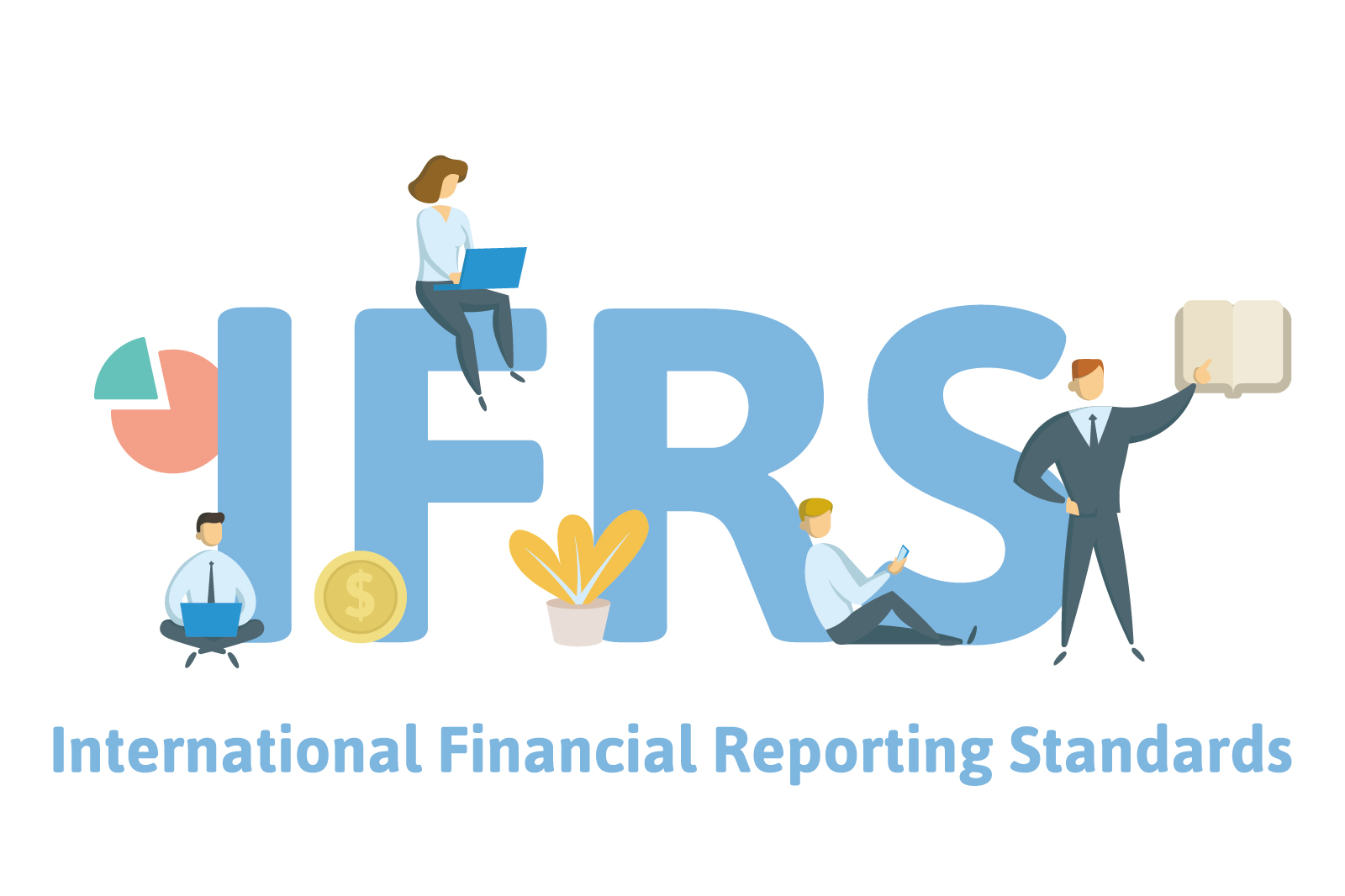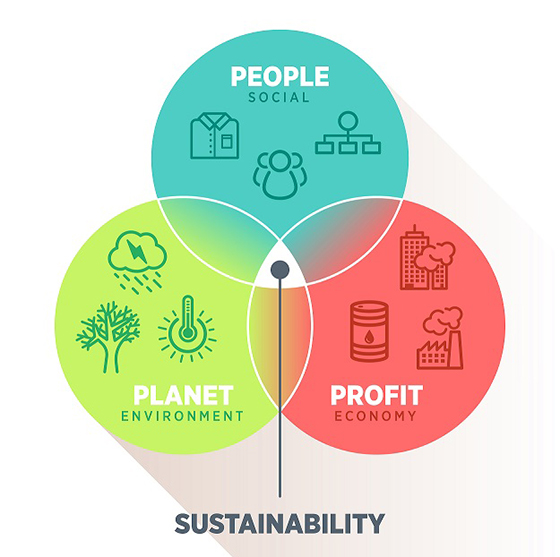- Преподаватель: Ведмедь Ирина Юрьевна
- Преподаватель: Соханвар Амин
international logistics systems and supporting complex international logistics.ILO-10-Ability to model innovative solutions for the responsible management of
production, financial and economic resources, building effective communications in various socio-economic environments for the successful conclusion of international transactions
- Преподаватель: Яшин Александр Александрович

Professors Team: Ana Marija Sikirić Simčić - PhD
The course reveals the main aspects of international financial reporting standards (IFRS). This course is an aimed at studying theoretical and practical aspects of reporting and accounting in accordance with international standards.
It is being taught in cooperation with audit companies
ILO-10-Ability to model innovative solutions for the responsible management of production, financial and economic resources, building effective communications in various socio-economic environments for the successful conclusion of international transactions
ECTS: 3
In class learning hours: 17/17 (8 lectures; 8 seminars)
Self-learning hours: 74
Assessment form: Pass/Fail
- Преподаватель: Ишуков Александр Александрович
Professors Team: Amin Sokhanvar - PhD, senior researcher. The basic objective of this foundation course is to summarize the fundamental
theoretical aspects in the field of foreign direct investments. Course is focused at the most important issues of theories and motives for foreign direct investment,
modern characteristics of sectorial and geographical FDI distribution in the world economy.
ILO-09- Ability to evaluate and predict the effects on the macro, meso and micro levels of international business for the development of international economic relations
- Преподаватель: Ишуков Александр Александрович
- Преподаватель: Соханвар Амин

Professors Team: Zhanna Belyaeva, Yana Lopatkova, Sergei Kulakov
The course is aimed to practice enhancing sustainability of global economics players. The course reveals the history and evolution of the concept of corporate social responsibility towards society, changing the social role of business in sustainable development, basic concepts, principles and forms of implementation of CSR. A lot of attention is paid to international expertise of strategic aspects of corporate social responsibility, international standards of corporate non-financial reporting and ethical auditing as well as evaluation of the programmes` effectiveness. Global and local companies, in particular, face environmental risks, health and safety risks, liability risks, and ultimately, reputational risks the management of which is central to the companies` long-term success. Some cases from the real sector will show the actual practice of implementation of social responsibilities policies. An outline for cross-country models of CSR is presented for a further academic and research. Students will know how to plan SDG in their prospective companies, in private life and how to reach, estimate and implement a better sustainable environment.
During this session, participants will acquire knowledge about the formation of corporate social responsibility in today's Russia; will review the practice of CSR by leading Russian and international companies, change their mind towards sustainable leadership in managing “the good” companies. The course combines lectures, conducted in an interactive manner, and practical exercises. All mentioned above is aimed to stimulate creating learning.
- Преподаватель: Беляева Жанна Сергеевна
- Преподаватель: Лопаткова Яна Алексеевна
Professors team:Oleg Mariev, Andrey Pushkarev This course is an intermediate level course in the field of open macroeconomics and international finance. The discipline is designed to provide students with a clear idea of the interrelationships existing within an open macroeconomic systems.
During the course, students should familiarize themselves with the basic concepts of the theory of international finance, the main assumptions, consequences and conclusions of the models studied. Students would learn how to apply mathematical tools to analyze economic phenomena and implement the modeling process. As a result, the course has a high degree of practical importance, both for the subsequent academic activity of students, and for the general educational level.
The main element of the methodological novelty of the course
is the use of interactive technologies and project work, involving the analysis
and presentation of relevant research, the presentation of students’ own
scientific research on a given topic. Also, the development of the course is
associated with the active use of modern mathematical and econometric tools,
which also justifies the methodological novelty of the discipline presented.
ILO-08- Ability to develop, analyze, evaluate and interpret the socio-economic indicators of the organization, region, country, world economy performance in order to prepare analytical forecasts and models
- Преподаватель: Мариев Олег Святославович
- Преподаватель: Пушкарев Андрей Александрович
Professor Igor Drapkin. This course focuses on the theoretical and practical knowledge required for the management of financial and investment functions of multinational corporations. Students will discover how the international capital markets, foreign exchange markets, and the derivatives market can be used to manage transaction and operating risks facing the multinational firm. Students will learn, through hands-on case studies and empirical evidence how to manage multinational companies' investment and financing activities. The relevance of country risk and international corporate governance in cross-border investments will also be examined. The general emphasis is on the identification and management of opportunities and risk relating to international investments, exchange rate fluctuations, international financial markets and government policy changes.
- Преподаватель: Драпкин Игорь Михайлович

Professor Liudmila Kriventsova.The objective of the course is to provide the students with systematic knowledge about the types and forms of international operations implementation, as a significant element of the company in the global market conditions. The course describes basic concepts and terminology, the basic tendencies of country’s external economic relations development, forms of foreign trade, especially trade of certain groups of products and focuses on contracts as means by which transactions are made.
The course contributes to the formation of skills associated with the adoption of managerial decisions while entering international markets, the rationale for the expediency of foreign trade transactions in accordance with the norms of international law. The course is devoted to the study of the organization and techniques of international operations of the company, and includes various types of commercial transactions of international trade. Particular attention is paid to the drafting of the international sales contract, its structure and content.- Преподаватель: Кривенцова Людмила Анатольевна

Professor: Anna Dyachkova. Public economics is an applied science (in terms of using the tools of microeconomic analysis) aimed at studying the content and main directions of the economic activity of the state, as well as analyzing the consequences of state intervention in the economy.
The main goal of the course is to search for answers to questions about the role of the state in the economy. This search is based on theoretical models using modern microeconomic tools. Within the course, students are looking for answers to the questions: is taxation justified? It is better for the state to interfere less in economic life or state support in the housing, banking, education, etc? Whether it is necessary or not to equalize the incomes of citizens, etc.?
- Преподаватель: Дьячкова Анна Викторовна
